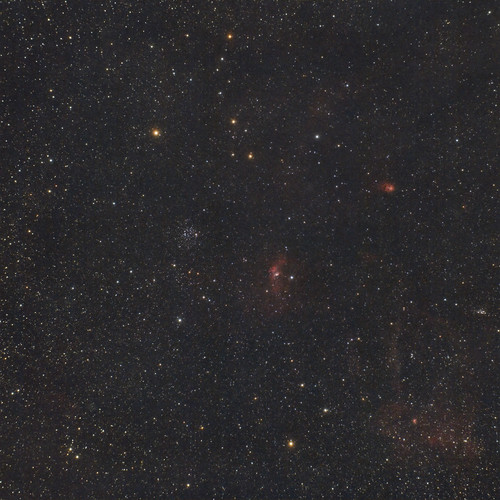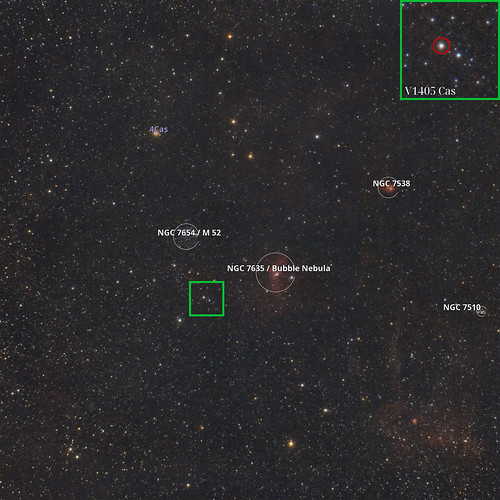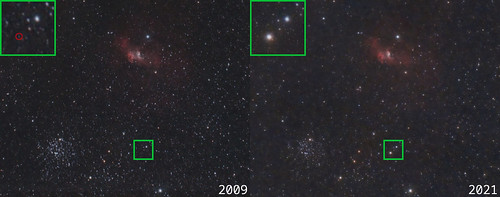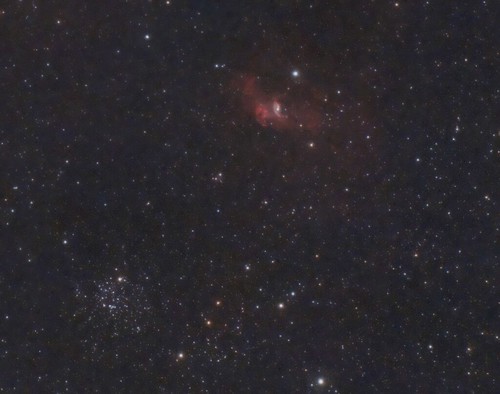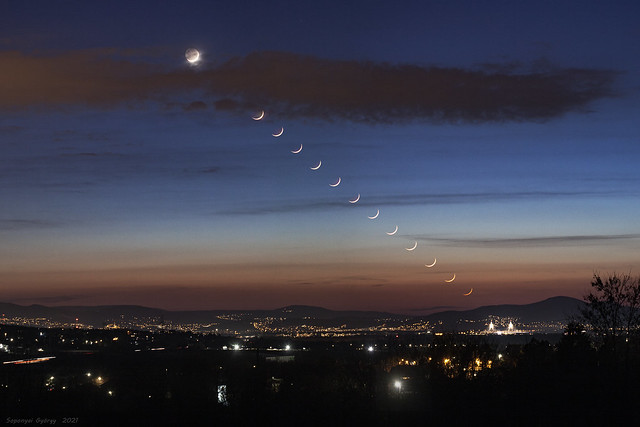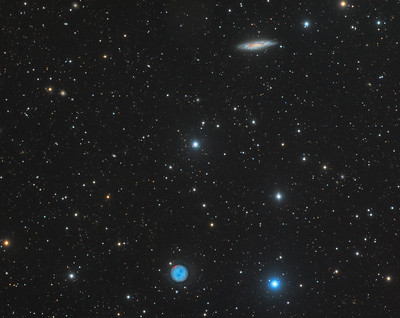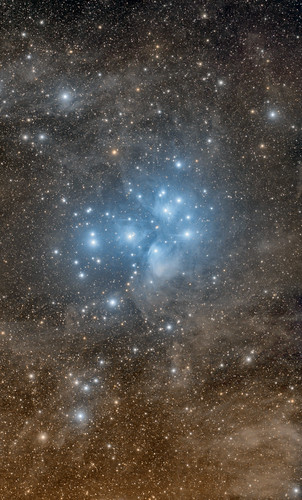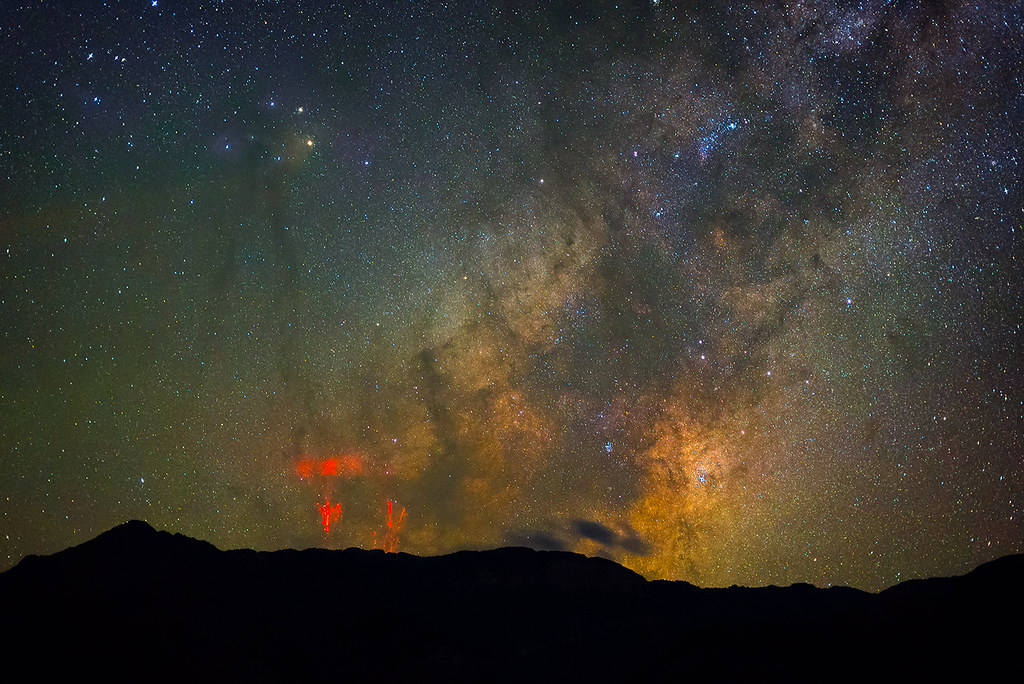M100 with Hydrogen regions
Processed by Robin Onderka /
www.instagram.com/robin_onderka
—
Dataset: Hubble Legacy Archive, processing details below.
From NASA: “M100 is a stunning example of a grand-design spiral galaxy. This detailed Hubble image reveals individual stars within the galaxy’s prominent spiral arms. These dusty structures swirl around the galaxy’s nucleus and are marked by a flurry of star formation. M100’s characteristic arms also host several small black holes, including the youngest one ever observed in our cosmic neighborhood.”
The hydrogen regions, shown as red color, are placed on a previous observations and photography from the Earth. At this moment, this is one-of-a-kind photo of M100 from HST (Hubble Space Telescope). The processing took me over 4 hours and required precise masking and sensitive work with red (hydrogen) regions, which were not included in the original HST data.
Besides standard process with background calibration, color calibration, noise reduction, nebulosity and HDR toning, I also had to repair that "dual sensor" stripe, which cuts photo in a middle. Hydrogen regions was added to a Red channel, with a region masking. As a reference, I used photo of the M100, which was taken by the ESO VLT. That helped me to registry, where exactly are those Ha regions, so I could place them correctly.
Software: Pixinsight, Photoshop
 M100 with Hydrogen regions
M100 with Hydrogen regions by
Robin Onderka, on Flickr
